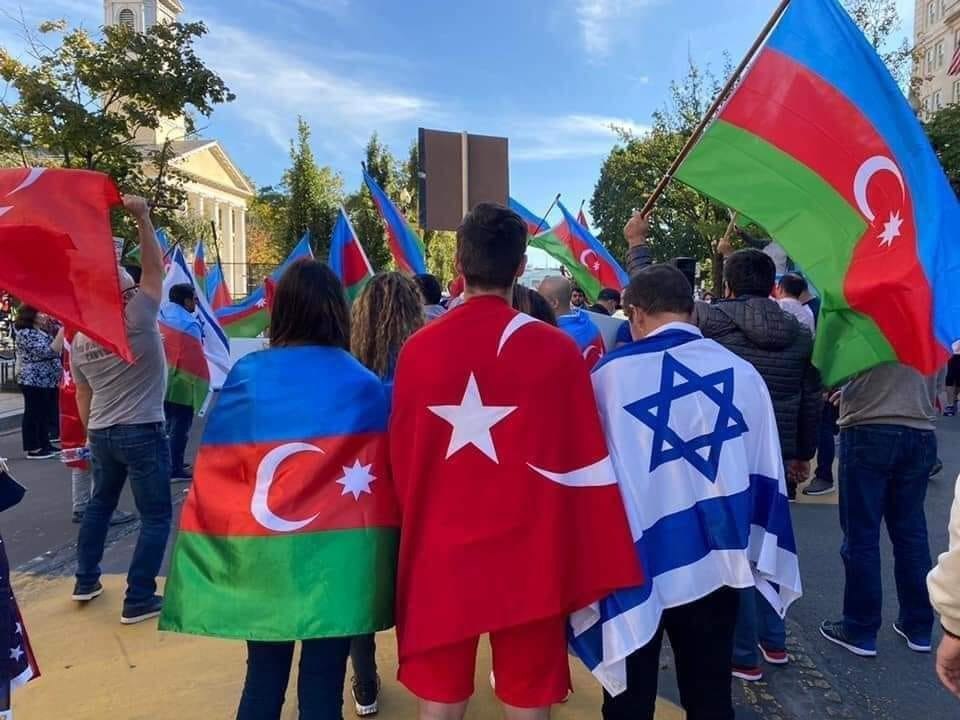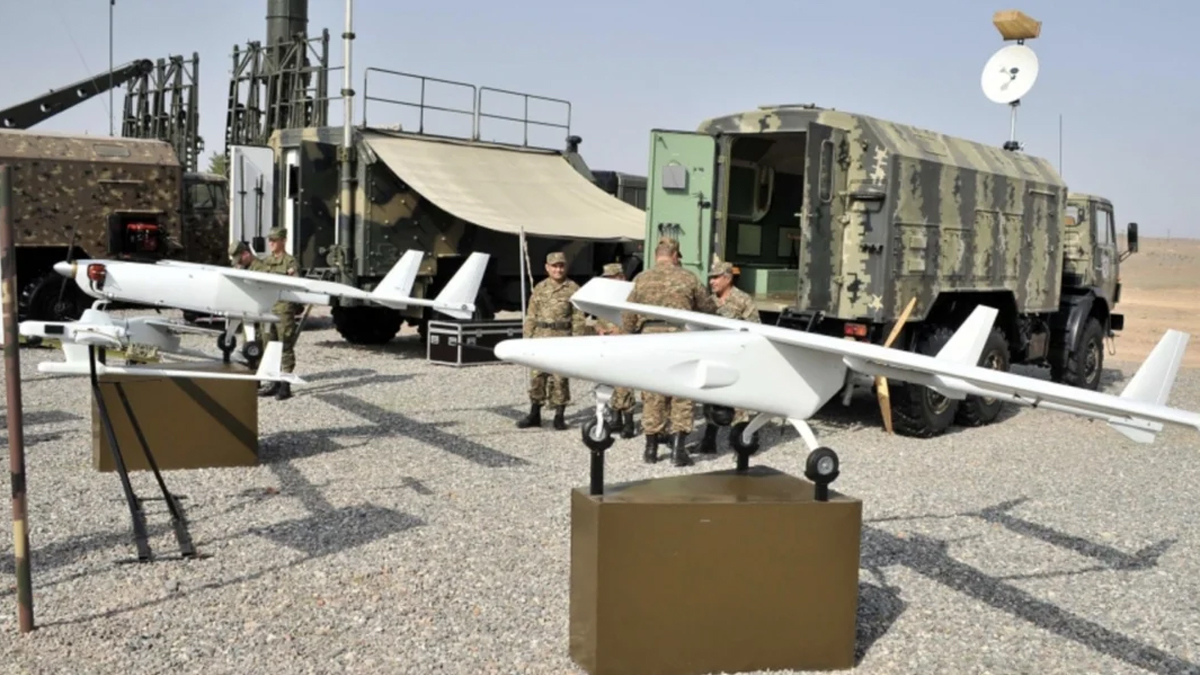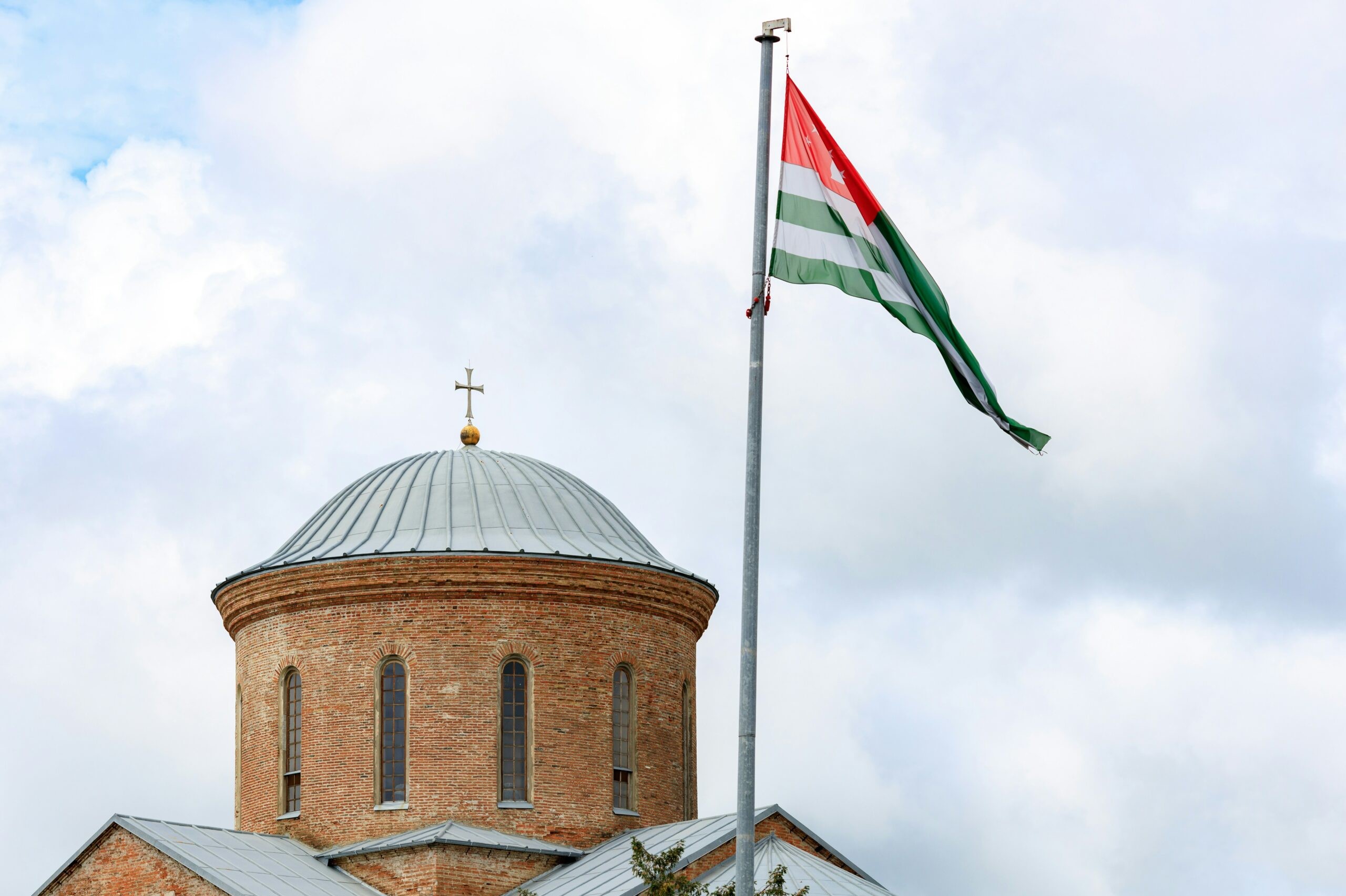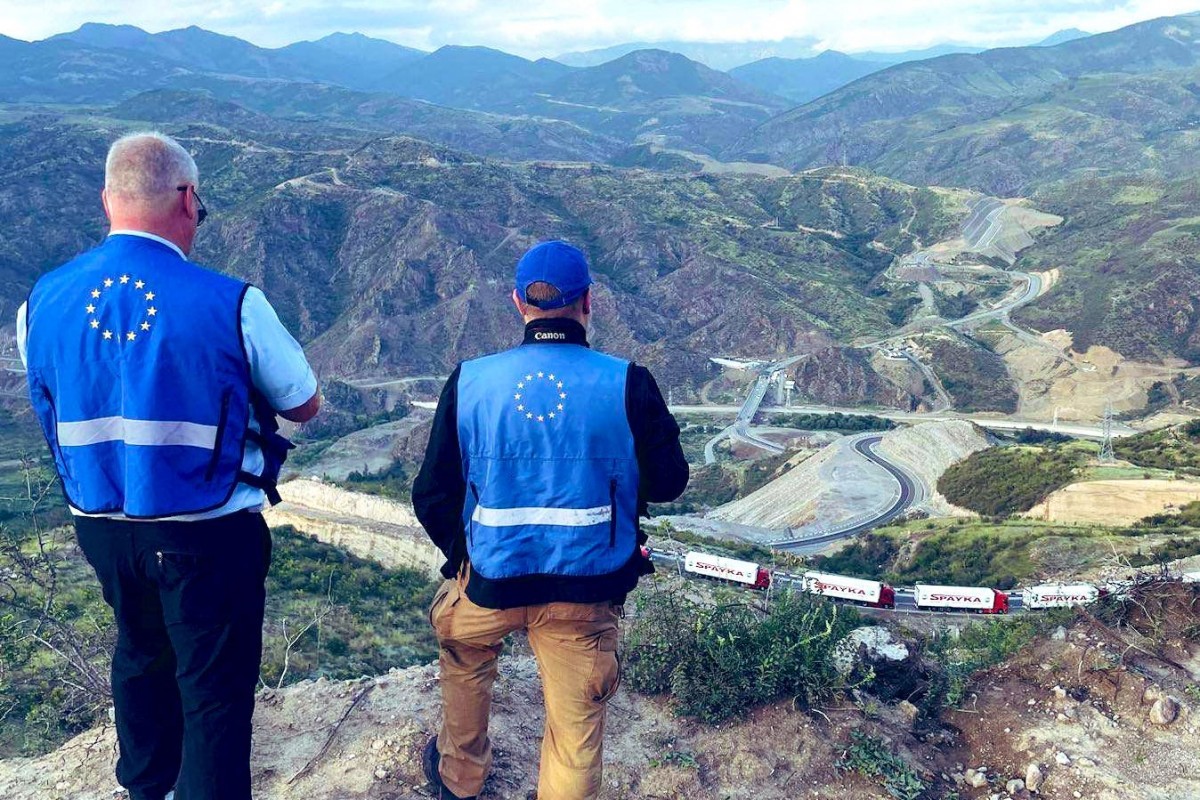Armenia, Azerbaijan agree on transport corridors –what's changing for Georgia?
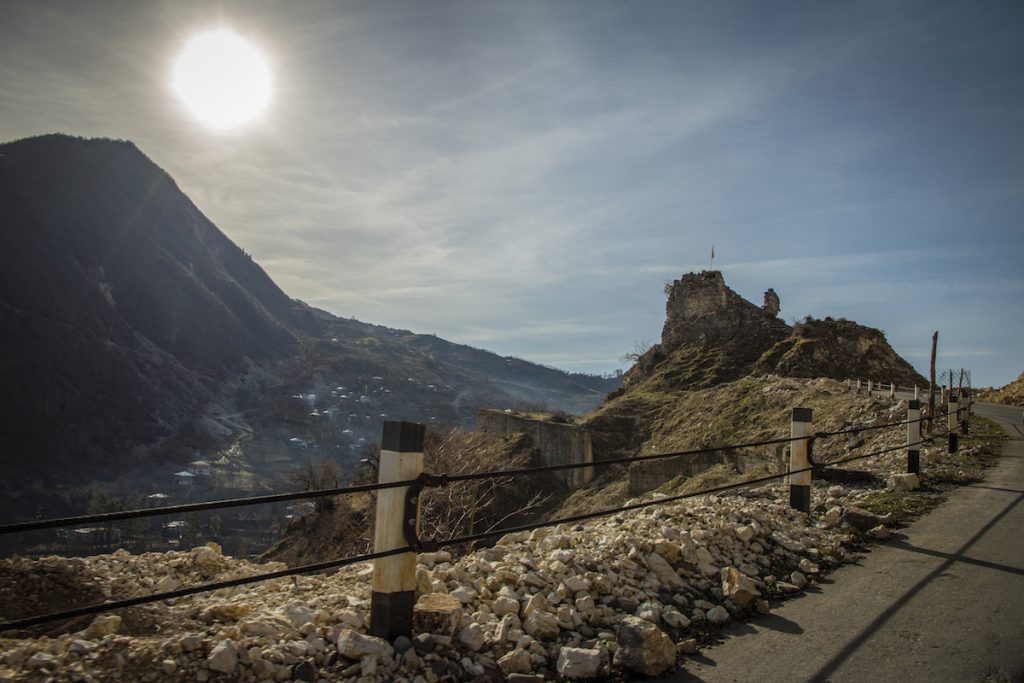
Russia, Azerbaijan and Armenia reached an agreement to unblock transport communications in the region after the recent end of the second Karabakh war.
Many in neighbouring Georgia fear that the country will be left out of the game in the region. However, professor at the Georgian Institute of Public Affairs Tornike Sharashenidze believes that many fears are not justified.
But in order to preserve its function, Georgia should be more actively involved in infrastructure development. Much has changed in the region since the last war in Karabakh. In particular, the issue of restoring transport lines through Azerbaijan and Armenia was on the agenda, which may lead to a decrease in the transit role of Georgia.
On January 11, at a meeting between Putin, Aliyev and Pashinyan, the opening of a transport corridor from the main territory of Azerbaijan through Armenia to Nakhichevan (Azerbaijani exclave) was officially formalized.
The possibility of joining Yerevan to this corridor by rail is also being considered. Thus, if this corridor is developed, the main territory of Azerbaijan will be connected with Turkey, and Armenia will be connected with Russia through Azerbaijan.
What is changing for Georgia?
At first glance, this does indeed limit Georgia’s transit role. There is nothing permanent in this world, and sooner or later the transport (almost) monopoly that our country had in the region had to end someday. However, due to its geographic location and good relations with its Caucasian neighbors, Georgia still has many advantages.
Let’s start with the fact that it takes time to activate the aforementioned transport lines (they functioned back in the USSR). The main territory of Azerbaijan is likely to be connected with Nakhichevan in the near future, but it is unlikely that this one line will fully satisfy the Turkish-Azerbaijani bilateral trade and transport needs. Also, the question is how smoothly and quickly the railway will work, connecting the ‘two Azerbaijans’ through the territory of Armenia. Most likely, Armenia will inevitably hold up trains at its border for inspection, which will make this route not very convenient.
It will be even more difficult with the new Armenian-Russian corridor.
Firstly, a branch line from Yerevan is being reconstructed here, which actually no longer exists. Added to this is the fact that trains going from Armenia to Russia (and vice versa) must pass through a rather large territory of Azerbaijan.
Assuming security is not an issue, the movement of the trains is likely to slow down: the route is long and includes three countries, including Azerbaijan, which is hostile to Armenia and which will also detain Armenian trains at its border. Considering all this, an easier way for Armenia to enter Russia may be through Georgia.
What problems does the transit corridor through Georgia face?
Nevertheless, given the current situation, it really makes sense for Georgia to think about creating new lines connecting Russia and Georgia. Moreover, traffic through Upper Lars (the only land route connecting today Armenia and Russia through Georgia) will still remain a big problem – traffic here in bad weather is seriously hampered. Congestion often occurs during other seasons. Discussion of this issue in our country often causes panic, because any new way of communication between Georgia and Russia is perceived as the possibility of new aggression.
However, given that the Russian military base is located 40 kilometers from Tbilisi, practically on the main highway, this panic is clearly unfounded – Russia does not need a new road for aggression against Georgia. In Soviet times, the easiest and shortest route for Russia to Armenia was the railway through Georgia.
Trans-Caucasus railway: Moscow-Sukhum/i-Tbilisi-Yerevan – no beginning, no end
The Abkhaz section of this railway has been closed for almost 30 years for obvious reasons. The question of its restoration has been raised several times (even before the 2008 war), but Tbilisi has always treated this issue with caution, and there are many reasons for this.
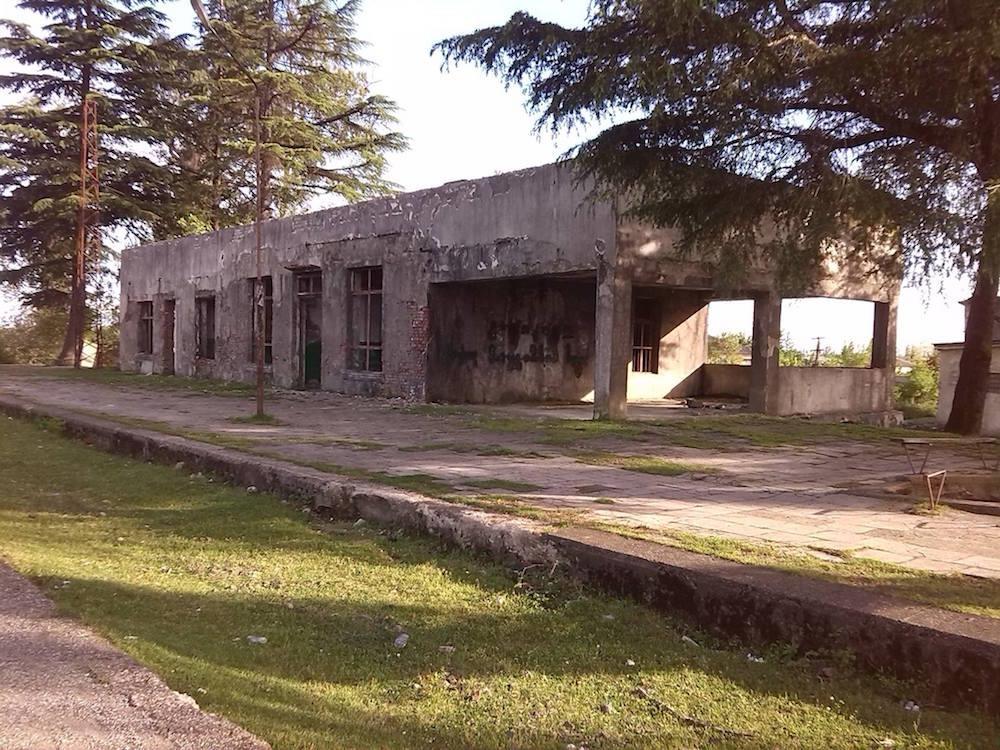
First, the opening of this railway corridor and the facilitation of communication between Russia and Armenia meant for Tbilisi a deterioration in relations with Azerbaijan and Turkey, because it would be easier for Russia to supply its military base in Gyumri along this line.
Today, given the consequences of the recent Karabakh war, there is practically no such threat. However, other threats have not disappeared: in particular, along this road Russia will get access to Iran, which will not particularly please Georgia’s friends in Washington.
There is one more serious problem for Georgia: without solving the problem of Abkhazia, it is difficult to imagine a railway route from Armenia to Russia through Georgia. Under the occupation of Tbilisi, it will be difficult to convince Moscow that the train from Moscow to Yerevan will have to stop at border control at Psou [ed. the border between Russia and Abkhazia, which Russia does not recognize as the state border of Georgia], and not at Inguri to check the border.
As mentioned, rebuilding and putting into operation these two rail lines will take time.
Accordingly, Georgia’s task is to further develop and expand land infrastructure in order to make the country even more attractive and competitive. First of all, this is a continuation and completion of the construction of the main highway and, most importantly, the section on the Rikoti Pass.
The sea is an indisputable advantage of Georgia. Obviously, speaking of land communications, one should not forget that Georgia has a huge advantage over Armenia and Azerbaijan in terms of access to the sea. If cargo from the same port of Poti can be easily delivered to Armenia and Azerbaijan, this means that Georgia will retain a significant transit function regardless of how the rehabilitated railroad tracks work.
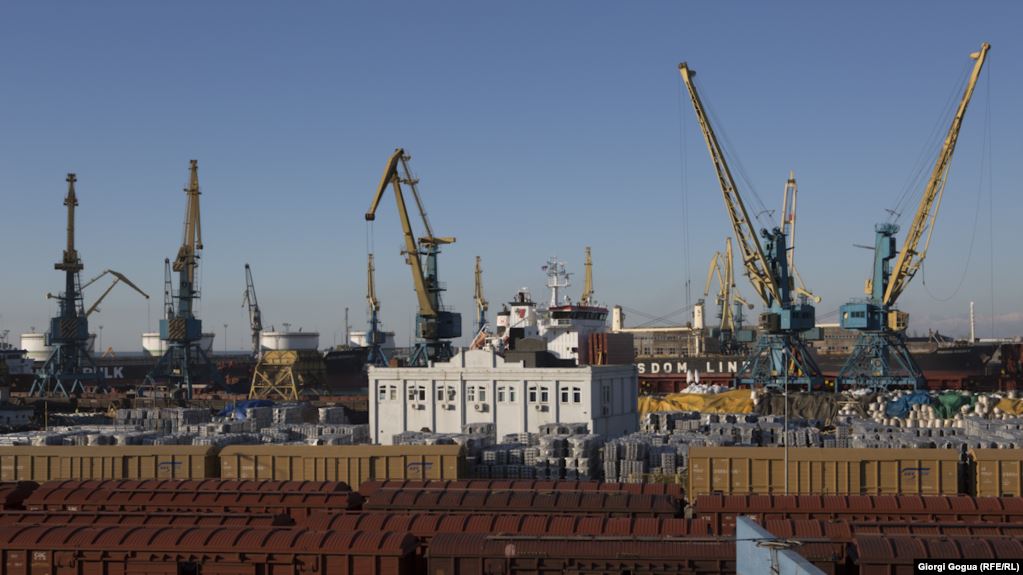
For this, in addition to completing the highway, it will be necessary to expand the port of Poti, and in the future it really makes sense to think about building a new port (at least the same Anaklia).
New reality and energy corridors
As for energy corridors, the status quo created by the recent war in Karabakh does not change the situation in this direction. There were concerns that new pipelines would be built from Azerbaijan to Turkey, which would put Georgia out of the game. This fear is completely unfounded.
Let’s start with the fact that the construction of a pipeline requires huge costs, and it is not clear why Baku and Ankara should bear these costs, when the Azerbaijani-Georgian-Turkish pipelines have long been working without problems. In addition, this time Azerbaijan will have to go to Turkey through another country. This country will be Armenia … In short, there is no need to seriously discuss this. On the whole, Georgia should be interested in peace and stability in the region.
Georgia is a country that is heavily dependent on transit and tourism. Therefore, if we discard the moral arguments, even from a purely pragmatic point of view, in the end Georgia will only benefit if Baku and Yerevan regulate relations at some level. Regardless of what income may be lost now, in the end, a peaceful South Caucasus means definitely more regional projects and more development in general.
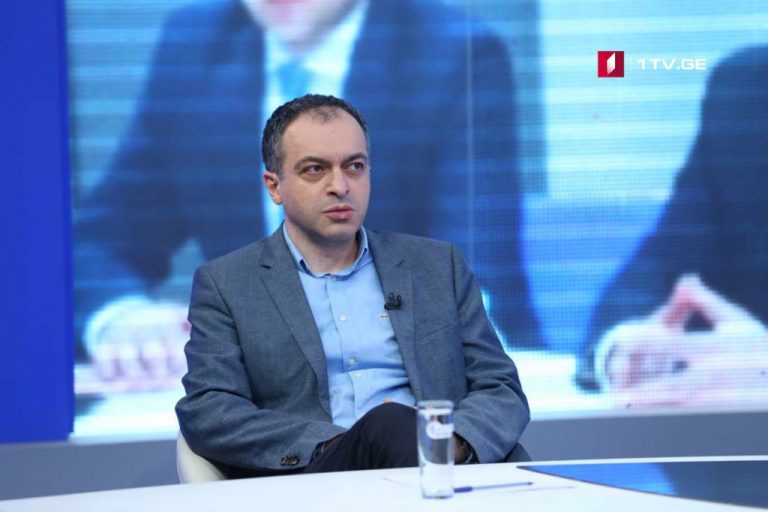
The author of the article is Tornike Shdzarashenidze, professor at the Georgian Institute of Public Affairs (GIPA).










